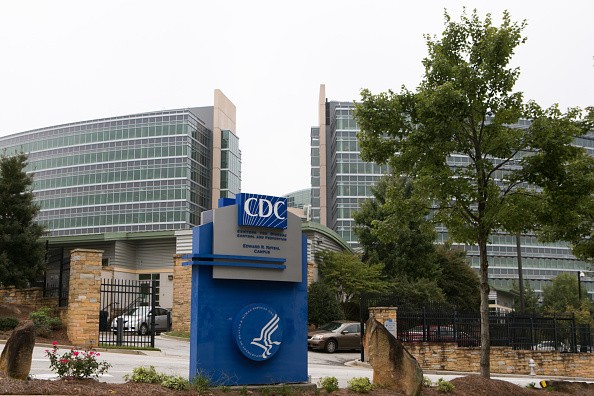CDC Issues New Guidance to Address Allergic Reactions to Coronavirus Vaccine

The Centers for Disease Control and Prevention (CDC) on Saturday issued new guidelines for people with severe allergic reactions to coronavirus vaccine ingredients.
CDC said in their guidance that people with allergic reactions linked to the vaccine should not get that specific shot, reported Fox News.
But this does not mean people with severe allergic reaction are barred from getting vaccinated.
Those with allergies that aren't related to a vaccine injectable medication such as food, pets, and the like, can still get vaccinated, CDC said on its site.
It advised those who had the first dose of the vaccine to not get the second shot, reported Reuters.
There are currently two vaccines approved for emergency use in the U.S.
"People that do report those types of anaphylactic reactions to other vaccines or injectables - they can still get the vaccine," CDC medical officer Sarah Mbaeyi told Stat News, adding that these cases should involve counseling to the unknown risks of a severe allergic reaction.
If people have this condition, they were advised to consult with their doctor first before getting inoculated. They also have to be monitored for 30 minutes after getting the vaccine.
CDC defined "severe allergic reaction" as one where someone would need to be treated with epinephrine or be sent to a hospital for medical treatment.
At Least Five Allergic Reactions Recorded for Vaccine
These new guidelines come after the Food and Drug Administration found that there were at least five severe reactions to the Pfizer coronavirus vaccine this week.
Two of these cases were reported in Alaska while others were found in other states, said a report from The Hill.
The cause of the reaction remains unknown, said Peter Marks who leads the FDA's Center for Biologics Evaluation and Research.
He did add that a certain chemical called polyethylene glycol was a suspected "culprit."
It can be found in both the Pfizer and Moderna coronavirus vaccines.
Some of the first reactions to be recorded were from two people in the U.K. who received a shot of the Pfizer vaccine.
U.K.'s Medicines and Healthcare Products Regulatory Agency already issued a warning that people with such medical histories should avoid getting inoculated for now.
The FDA also issued similar advisories for both the Pfizer and Moderna vaccines.
If severe allergic reactions are not managed properly, people could be prone to anaphylaxis, which is life-threatening and causes symptoms such as dizziness, difficulty breathing, wheezing, and a fast heart rate.
Adverse Allergic Reactions Very Rare
Despite the warning, severe reactions to the vaccine are actually very rare.
They only make up a few cases out of over 270,000 shots given to people nationwide.
All of the cases happened within the recommended 30-minute observation period to find out if people had some adverse reactions to the vaccine.
The observation shrinks to only 15 minutes if people do not have history of severe allergic reactions.
In the Alaska cases, Bartlett Regional Hospital in Juneau, Alaska, said two of its employees had allergic reactions by roughly 10 minutes after getting inoculated.
Subscribe to Latin Post!
Sign up for our free newsletter for the Latest coverage!
© 2026 Latin Post. All rights reserved. Do not reproduce without permission.












